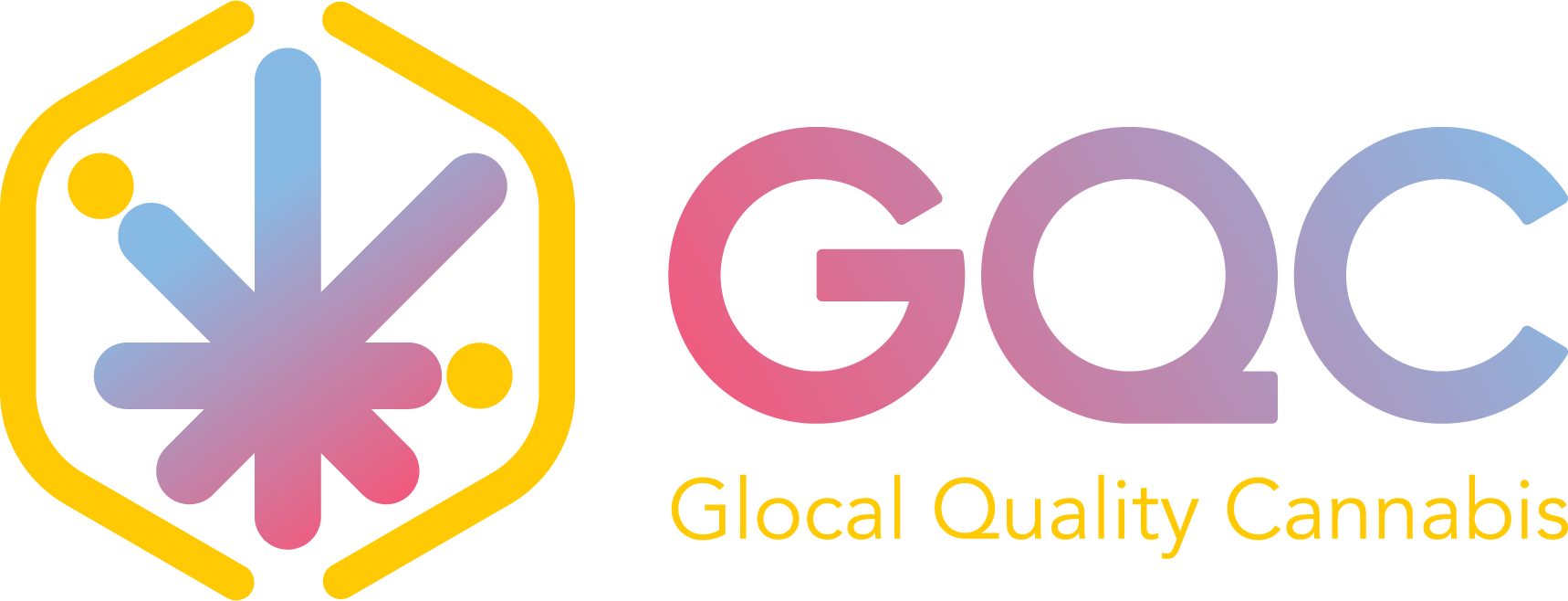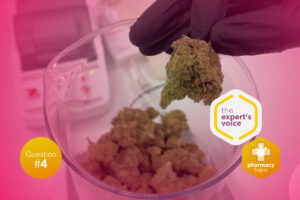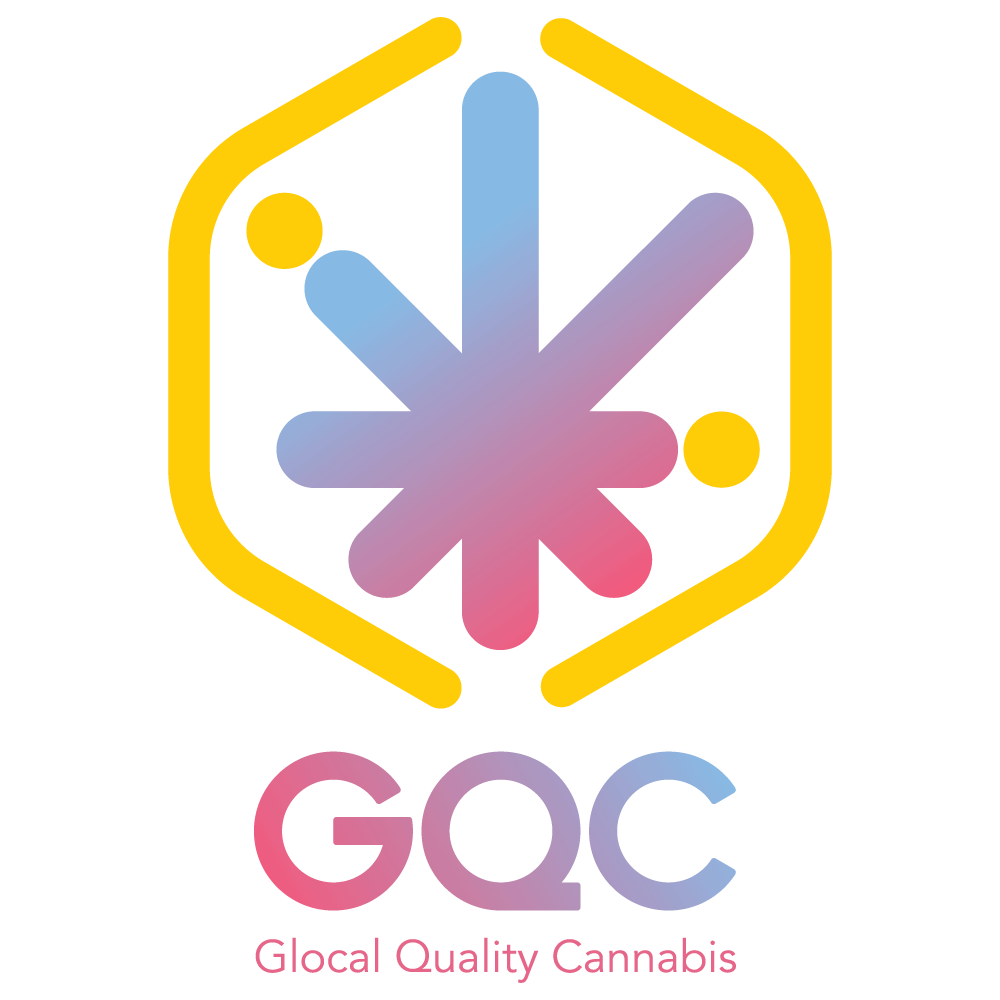Internationallly speaking, there are two United Nations conventions regulating the import, distribution, marketing, sale, production and preparation of narcotic substances: one promulgated in 1961 and the other in 1971, both ratified by Italy. Among the substances affected by these regulations is cannabis, which is further regulated by Italian legislation through Table II of the Consolidated Text of Laws on Narcotic and Psychotropic Substances, as defined by Dpr 309/90 and its amendments. These texts evolved from the previously mentioned conventions and compose the main body of law concerning cannabis in Italy, establishing the restrictions applied to every process involving this substance and defining the agencies responsible for their surveillance; in Italy represented by the OMC, Office of Medicinal Cannabis (Organo Nazionale Cannabis in Italian), which answers to the Central Office for Narcotics of the Ministry of Health.
According to the promulgated laws, not all varieties of cannabis can be sold in Italy: the main distinction that can be made is between non-medicinal cannabis, obtained from seeds and clones recorded in a dedicated European register and containing no more than 0.2% tetrahydrocannabinol (THC), and cannabis for therapeutic purposes, available only from selected producers like Bedrocan (the only firm appointed in this field from the Dutch OMC) or the Military Pharmaceutical Chemical Works in Florence. While the first may be used only for the construction of green buildings or the production of biofuels or textile products, the other is meant for processing in accordance with Good Manufacturing Practice inside a galenic laboratory.
When it comes to importing cannabis in Italy, while it would be expected that the existence of a monograph for this remedy inside the German Pharmacopoeia (DAB) would grant free circulation within the European Union to medicaments matching the criteria examined in this document (like any other pharmaceutical product), the internal regulations make it much more difficult than in other nations, as the Ministry of Health can apply any restriction deemed necessary for the sake of public health. According to Article 18-quater of Law 172 of 2017, any import of additional quantities of cannabis directly involves the Military Pharmaceutical Chemical Works in Florence and falls within the jurisdiction of the Ministry of Health and the Ministry of Defense. These conditions require that any company interested in the task must take part in public calls for auction; to this day, four calls have been opened, and the fourth remains open as the offers received have yet to be analyzed. This kind of approach to the procurement of cannabis is somewhat peculiar, as it does not guarantee continuity of therapy to patients undergoing treatment with any particular kind of preparation, and the quality of the cannabis offered can change between different auctions. This also can limit the amount of varieties available on the market, compared to other nations (e.g. Germany).
The therapeutic applications of cannabis in Italy rely on personalized medical prescriptions that trigger the manufacturing of galenic preparations (therapeutic products lacking AIC, or Marketing Authorization) made by preparer pharmacists. As of today, the possibility of manufacturing these preparations in pharmacies is rigidly defined by the availability of tools and materials, the only requisite needed being the inscription of pharmacies involved in these activities inside a regional register, where necessary, for traceability reasons. In this context, a valid alternative to inflorescences is represented by titred fluid extracts that offer a much higher simplicity of preparation, requiring only the expertise needed for their dilution and packing, and could easily increase the accessibility to these remedies for patients as, according to expectations, more pharmacies adopt this method.
Concerning clinical studies, what is to be expected? The only study using cannabis produced in the Military Pharmaceutical Chemical Works in Florence and approved by the Italian Medicines Agency (AIFA) is currently ongoing under the supervision of Professor Fiorenzuoli of CERFIT, a research center located in Florence, as part of the activities being held at Careggi University Hospital.





